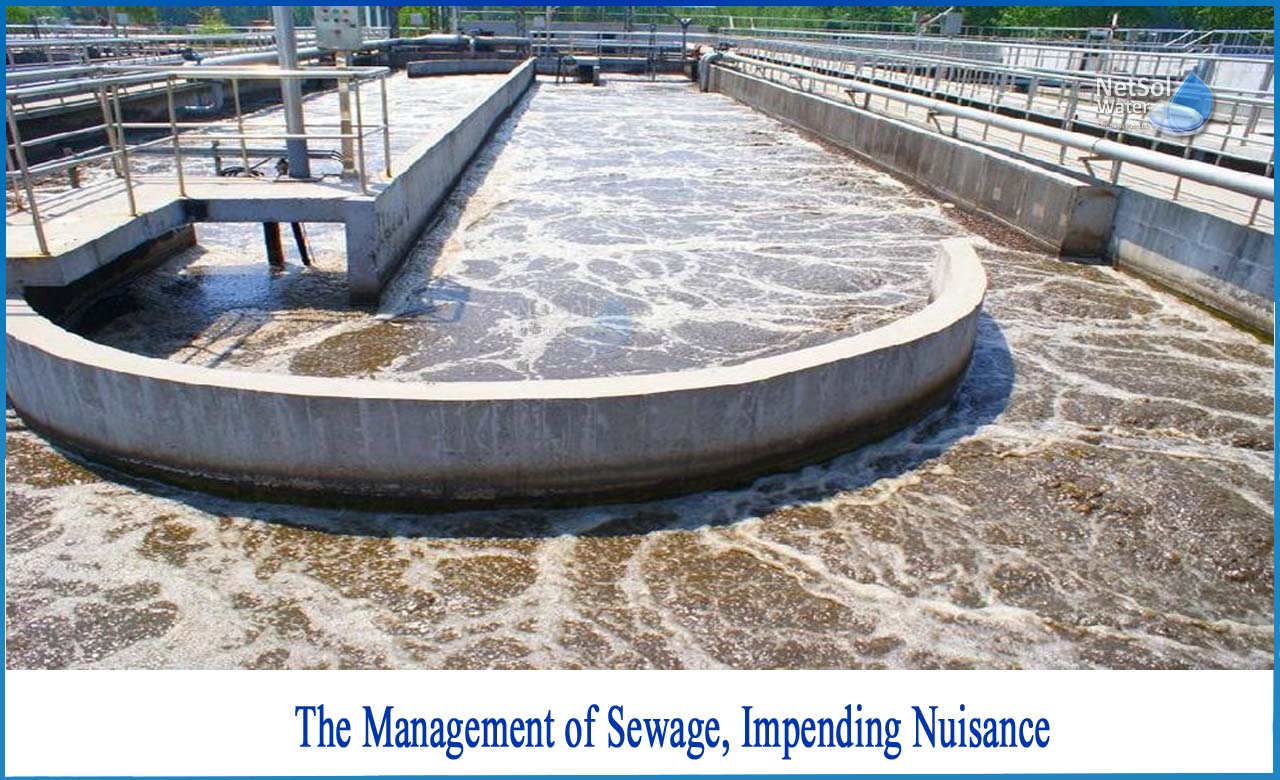What exactly is sewage?
Sewage (also known as household sewage or municipal wastewater) is a form of wastewater produced by a group of people. It is usually carried through a sewage system. Greywater (from sinks, bathtubs, showers, dishwashers, and laundry washers) and blackwater are two forms of sewage (the water used to flush toilets, combined with the human waste that it flushes away).
In general, sewage production corresponds to water usage. Water usage and, as a result, sewage flowrates per person are influenced by a variety of factors. Water availability (the inverse of water scarcity), water supply options, climate (warmer climates may lead to increased water consumption), community size, economic level of the community, level of industrialization, metering of household consumption, water cost, and water pressure are some of these.
Sewage Pollutants
Solids, indicators of organic matter, nitrogen, phosphorus, and indications of faecal contamination are the key factors in sewage that are tested to determine sewage strength or quality as well as treatment choices.
These are the primary macropollutants found in sewage. Pathogens derived from faeces are present in sewage. Pathogenic bacteria, viruses, protozoa (in the form of cysts or oocysts), and helminths are the four categories of pathogens identified in sewage (in the form of eggs).
Sewage management entails the following steps: Impending annoyance
Rapid urbanization in a population of 1.34 billion Indians, expanding at a pace of 1.2 percent per year, has overcome the issue of untreated sewage rapidly destroying the life cycle of flora and animals. Untreated sewage accounts for nearly 75% of the country's surface water pollution.
Microorganisms begin to degrade organic compounds when sewage reaches a lake or stream. This has an influence on both the environment and the economy, as well as posing serious health hazards. Eutrophication is caused by sewage-contaminated water, which increases the concentration of chemical components essential for life, reducing the quantity of dissolved oxygen required for aquatic life.
Human gastrointestinal illnesses such as Giardiasis, Amoebic Dysentery, and Cholera have been linked to sewage pollution. Furthermore, sewage waste degrades the aesthetic value of the environment.
Conclusion
Sewage management include collecting and transporting sewage for release into the environment after a level of treatment that is compliant with local standards for discharge into water bodies, onto soil, or for reuse.
Netsol Water is the world's leading manufacturer of water and waste water treatment plants. Netsol constantly works in the service of nature, inventing innovative technologies that are a win-win scenario, assisting consumers while also protecting the environment.\
Netsol Water is Greater Noida-based leading water & wastewater treatment plant manufacturer. We are industry's most demanding company based on client review and work quality. We are known as best commercial RO plant manufacturers, industrial RO plant manufacturer, sewage treatment plant manufacturer, Water Softener Plant Manufacturers and effluent treatment plant manufacturers. Apart from this 24x7 customer support is our USP. Call on +91-9650608473, or write us at enquiry@netsolwater.com for any support, inquiry or product-purchase related query.



